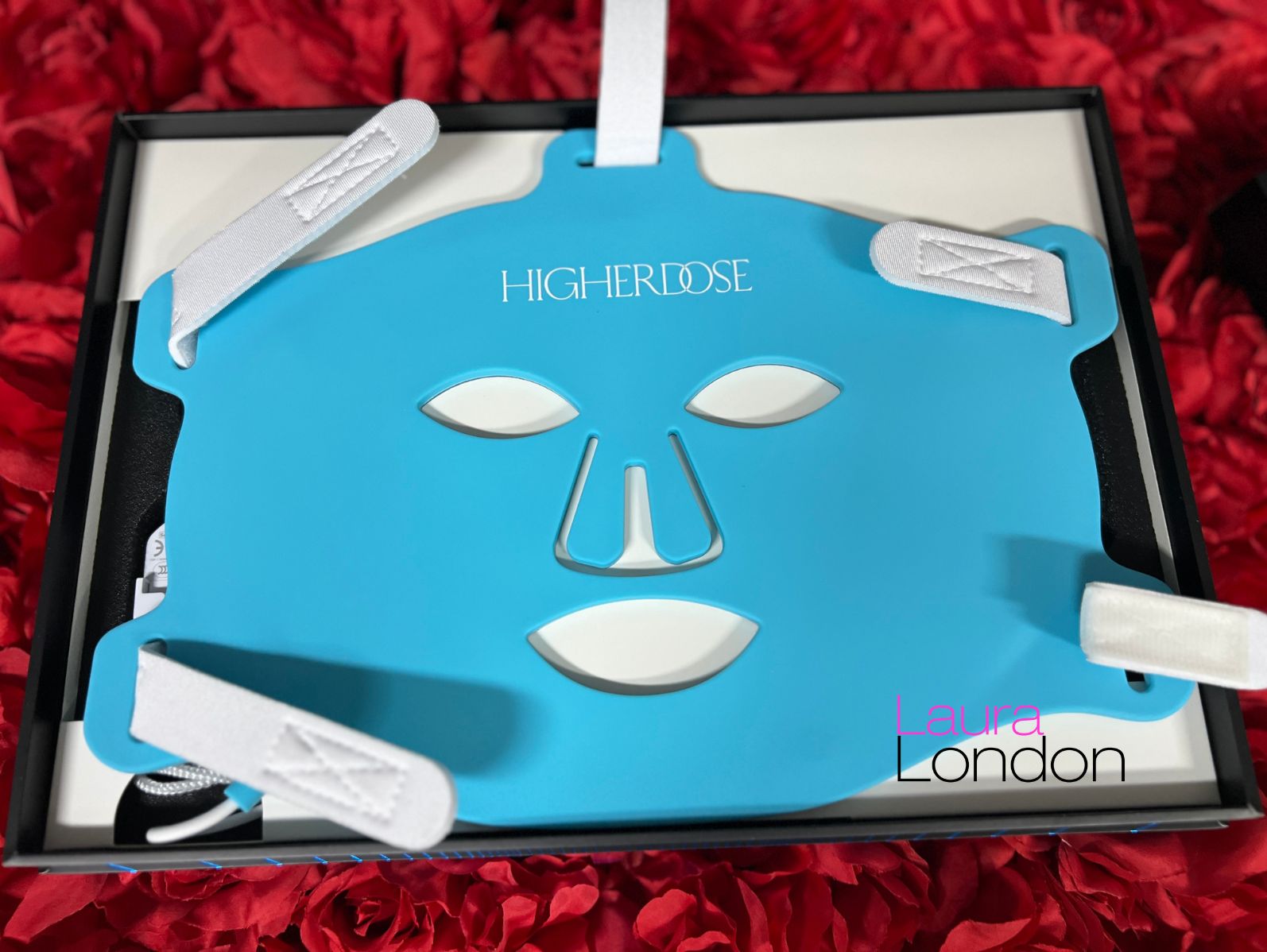Hydration Myths Busted: How Much Water Do You Really Need Each Day?
How much water do you really need daily? Bust common hydration myths and learn science-backed facts about proper water intake for optimal health

Introduction
"Drink eight glasses of water a day"—you’ve probably heard this advice countless times. But is this hydration rule scientifically accurate, or is it just another wellness myth?
Proper hydration is essential for digestion, circulation, temperature regulation, and overall health, but the amount of water you actually need can vary based on several factors, including age, activity level, climate, and diet.
In this article, we’ll bust some common hydration myths, explore scientific findings on water consumption, and help you determine your true daily water needs—backed by research, not just popular belief.
Hydration Myths vs. Scientific Facts
Myth #1: Everyone Needs 8 Glasses of Water a Day
The “8x8 rule” (eight 8-ounce glasses of water daily) is one of the most widespread hydration guidelines. However, research shows that hydration needs vary from person to person.
-
According to the National Academies of Sciences, Engineering, and Medicine, the recommended daily water intake is:
-
Men: About 3.7 liters (125 ounces) per day
-
Women: About 2.7 liters (91 ounces) per day
-
Pregnant/Breastfeeding Women: 3–3.8 liters (100–130 ounces) per day
Source: National Academies Report
-
But here’s the catch: this total includes water from food and other beverages—not just plain water. About 20–30% of daily water intake comes from foods like fruits, vegetables, and soups.
Myth #2: Feeling Thirsty Means You’re Already Dehydrated
Many people believe that if you feel thirsty, you’re already dehydrated. While thirst is a sign your body needs water, it doesn’t necessarily mean you’re dehydrated yet.
-
A study published in the American Journal of Physiology found that the human body is highly efficient at regulating fluid balance and that occasional thirst is just a natural signal—not a sign of severe dehydration.
Read the study here
Myth #3: More Water is Always Better
Drinking excessive amounts of water can actually be harmful. Overhydration, or water intoxication, can lead to hyponatremia, a condition where sodium levels in the blood drop dangerously low, causing confusion, headaches, and even life-threatening complications.
-
In extreme cases, athletes and marathon runners who overconsume water without replacing electrolytes have been hospitalized due to hyponatremia.
Source: Harvard Health
Myth #4: Coffee and Tea Dehydrate You
It’s often said that caffeine dehydrates the body, but the reality is more nuanced. While caffeine has a mild diuretic effect, research shows that coffee and tea still contribute to daily hydration.
-
A 2014 study in PLOS ONE found that moderate coffee consumption (up to 4 cups per day) does not cause dehydration in regular drinkers.
Read the full study
Factors That Affect Your Water Needs
There is no one-size-fits-all rule for hydration because your body’s water needs depend on various factors, including:
1. Physical Activity
-
If you exercise regularly, you lose more fluids through sweat and need to drink more water to stay hydrated.
-
The American College of Sports Medicine recommends drinking 16–24 ounces of water for every pound of body weight lost through sweat.
Check ACSM’s hydration guidelines
2. Climate and Weather
-
Hot, humid climates increase sweat production, requiring higher water intake.
-
Cold climates can also increase fluid needs, especially if you’re wearing multiple layers and breathing in dry air.
3. Diet and Food Intake
-
High-water-content foods (watermelon, cucumbers, oranges, soup, yogurt) naturally contribute to hydration.
-
Salty, high-protein, or fiber-rich foods require more water for digestion.
4. Age and Health Conditions
-
Older adults may have a weakened thirst response, leading to a higher risk of dehydration.
-
People with kidney disease, diabetes, or those on certain medications (e.g., diuretics) need to monitor hydration carefully.
How to Tell If You’re Hydrated
Rather than counting glasses, a better way to monitor hydration is by checking your urine color and overall well-being.
-
Pale yellow urine: Well-hydrated
-
Dark yellow or amber urine: Dehydration risk
-
Frequent urination + clear urine: Possible overhydration
If you experience fatigue, headaches, dizziness, or dry mouth, it may be time to drink more fluids.
The Best Ways to Stay Hydrated Daily
-
Drink When You’re Thirsty – Your body’s natural thirst mechanism is the best hydration guide.
-
Eat Hydrating Foods – Include fruits, vegetables, and broths in your meals.
-
Hydrate Before, During, and After Exercise – Especially in hot weather or intense workouts.
-
Adjust for Your Environment – Drink more if it’s hot, dry, or at high altitudes.
-
Balance Water with Electrolytes – If sweating excessively, replace lost minerals with coconut water, sports drinks, or electrolyte tablets.
Conclusion: How Much Water Do You Really Need?
The truth about hydration is more complex than a universal “8 glasses a day” rule. Your true water needs depend on your lifestyle, diet, and environment. The best approach? Listen to your body, drink when you’re thirsty, and eat a diet rich in water-containing foods.
By understanding hydration myths and following science-backed advice, you can maintain optimal hydration without obsessing over water intake.
What's Your Reaction?
 Like
0
Like
0
 Dislike
0
Dislike
0
 Love
0
Love
0
 Funny
0
Funny
0
 Angry
0
Angry
0
 Sad
0
Sad
0
 Wow
0
Wow
0



















































